As a carpenter, your business is your livelihood and you need to protect it. Carpenters insurance is a type of coverage that shields carpenters and woodworkers against various risks they may encounter while working on a project. It is essential to have the right carpentry insurance to protect yourself, your employees, and your clients’ property. In this blog post, we will discuss the importance of carpentry insurance and the types of coverage you should consider.
Public Liability Insurance
Public liability insurance is a must-have for any builder or carpenter. This type of coverage protects you against claims of property damage and bodily injury. Suppose you accidentally damage a client’s property or a passerby is injured while construction is ongoing. In that case, general liability insurance will cover the damages awarded following a lawsuit. This coverage also includes legal fees and settlements that may arise.
Professional Indemnity Insurance
Professional indemnity insurance (PII), is a type of coverage designed to protect professionals from financial losses associated with legal claims and disputes that arise from incorrect professional advice. While it’s commonly associated with fields like law and finance, PII is just as relevant to trades like carpentry. Carpentry projects, no matter how carefully planned and executed, can sometimes encounter issues. A miscalculation, an oversight, or a miscommunication with a client can lead to disputes and claims. PII can provide coverage if a client alleges negligence, errors, or omissions in your work or advice.
Tools and Equipment Insurance
Tools and equipment insurance holds paramount importance for carpenters as it safeguards their livelihood and the foundation of their craft. Carpentry relies heavily on an array of specialised tools, from saws and drills to power sanders and precision measuring instruments. Tools and equipment insurance steps in to protect against unforeseen events like theft, damage, or loss, ensuring that carpenters can replace their vital tools promptly and continue their work without major disruptions.
Commercial Vehicle Insurance
Builders and carpenters rely on vehicles to transport tools, equipment, supplies, and employees to job sites. Commercial motor insurance protects your business from losses related to vehicle accidents, damage, or theft. This type of carpentry insurance covers liability for bodily injury and property damage caused by you or your employees while driving company-owned or rented vehicles.
What To Look For In A Carpentry Insurance Policy
When shopping for a carpentry insurance policy, it is important to make sure you are getting the right coverage for your business. Make sure your policy covers the basics of property damage and bodily injury as well as any additional specialised coverage you may need such as tools and equipment insurance.
The Dos And Don’ts Of Carpentry Insurance

Do:
- Make sure you have the right amount of coverage for your business’s needs.
- Compare different policies and providers to find the best one for you.
- Read through your policy carefully and consider consulting a lawyer if needed.
Don’t:
- Underestimate the risks associated with carpentry.
- Wait too long to purchase insurance or renew a policy when necessary.
- Forget about important coverages like professional liability insurance.
Carpentry is a dangerous profession, but you can protect yourself and your business with the right policy. Make sure you do your research, compare policies, and read through them carefully so that you can make an informed decision.
Conclusion
Safeguarding your carpentry business with the right insurance coverage is not just a prudent choice; it’s a critical necessity. Carpentry insurance offers a comprehensive shield against the numerous risks that come with this profession, ensuring the protection of your livelihood, your employees, and your clients’ investments. Carpentry is undoubtedly a demanding and potentially hazardous profession but by making informed choices when it comes to insurance, you can build a solid safety net around your business. So, protect your craft, your livelihood, and your peace of mind by investing in the right carpentry insurance – it’s a decision that ensures your business stands strong even in the face of unforeseen challenges.
Frequently Asked Questions
What is carpenters insurance, and why do I need it?
Carpenters insurance is a type of insurance coverage designed to protect carpenters and woodworking professionals from financial losses due to various risks associated with their trade. It helps cover costs related to accidents, injuries, property damage, and more. It’s essential because it provides financial security in case of unexpected events.
What type of insurance do I need as a carpenter?
As a carpenter, you should consider having public liability insurance, professional indemnity insurance, tools and equipment insurance and commercial vehicle insurance. If you store sensitive client information electronically or conduct business online, cyber insurance is also recommended.
What does professional indemnity insurance cover?
Professional indemnity insurance, also known as PI insurance, differs from public liability insurance in that it specifically covers financial losses resulting from professional advice you offer to clients. This coverage steps in when your advice leads to a financial setback for your client. If your advice, or lack thereof, directly contributes to a financial loss for your client, they have the right to seek compensation from you. This underscores the necessity of holding professional indemnity insurance, especially if you possess qualifications and provide advice or charge fees for your advisory services.
Can I add employees to my carpenters insurance policy?
Yes, you can typically add employees to your carpenters insurance policy to ensure they are covered while working on your behalf. Be sure to inform your insurance provider about your employees and their roles to adjust your coverage accordingly.
Can I make changes to my carpenters insurance policy mid-term?
Yes, you can usually make changes to your policy mid-term, such as adjusting coverage limits or adding additional coverage. Contact your insurance agent or provider to discuss any changes you want to make.







